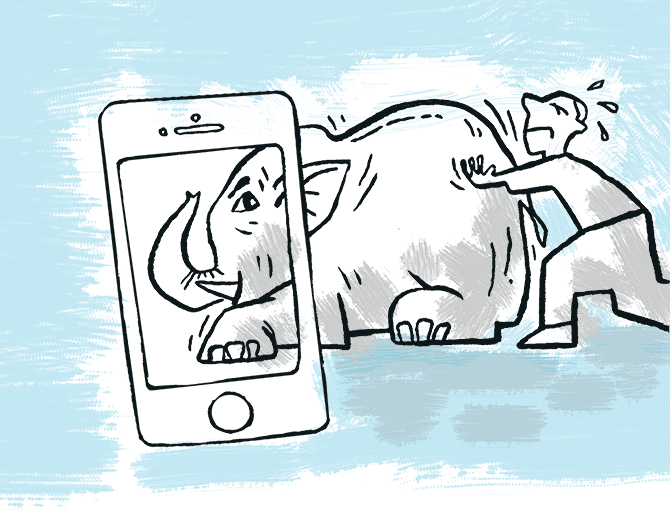Boycott calls force advertisers, celebrities to increase safeguards
American writer HP Lovecraft famously said that the oldest and strongest of fears is the fear of the unknown.
For present-day advertisers and celebrities, this fear is showing up in the response they receive from social media to their brand communication.
This is something AU Small Finance Bank and online food delivery platform Zomato recently experienced with their advertisements.
Both brands had to quickly retract their ads and issue apologies when social media reacted sharply to their communication.
In the case of AU Small Finance Bank, the ad in question, featuring brand ambassadors Aamir Khan and Kiara Advani, attempts to reverse an age-old tradition of the bride leaving her home to join her husband after marriage.
The Zomato ad was criticised because it referenced ‘thalis’ from ‘Mahakal’.
Priests of the famous ‘Mahakaleshwar’ temple in Ujjain objected to the campaign for hurting their sentiments.
Legal experts and brand strategists say that advertisers and celebrities have to be conscious of audience reactions far more than they did earlier, given the 24×7 nature of social media and the ability of content to go viral quickly.
As Shrenik Gandhi, co-founder and CEO of Mumbai-based digital marketing agency, White Rivers Media, says that it is better to be safe than sorry.
So, rigorous edits at the drawing board is not uncommon today to avoid future controversies, Gandhi says.
“We ask clients to check out trending topics on social media before an ad is executed, what is the social media buzz around the topics they wish to communicate and how do audiences perceive the celebrities they are using in their ads.
“Is there a fit with their brand ethos? If yes, no problem. If not, then it is better to avoid going down that road,” he says.
Lawyers such as Monica Datta, partner at Delhi-based law firm Saikrishna and Associates, who has worked with celebrities extensively, says that advertisers and endorsers need to allocate risk appropriately when deciding to work together.
“Talent agencies working on behalf of endorsers or celebrities make sure that contracts today have robust indemnity clauses in case there is a backlash to an ad or brand communication.
“Apart from this, talent agencies also monitor scripts carefully and how the ad is executed to avoid controversies in the future.
“There is also an understanding today between the celebrity and the brand owner that the latter will help the endorser in their defense against a backlash or boycott call on social media,” Datta says.
As such advertising agencies are increasingly growing conscious of hot topics of discussion on social media and opting to steer clear of it at the conceptualisation stage itself.
Using tools to monitor social media chatter is a common practice by digital and marketing agencies today to figure out what is a positive, negative or neutral topic of discussion, experts say.
“Today, there is an understanding among many advertisers as well as their agency partners that it is better not to rake up a controversy for the sake of it.
However, there are some brands that do take a stand on certain issues.
“In that case, they have to be prepared to face the outcome,” KV Sridhar, advertising veteran and global chief creative officer, Nihilent HyperCollective, a Mumbai-based digital agency says.
While globally brands such as Nike and Benetton have stood their ground when it comes to social issues, in India, brands such as Tanishq and Fab India have had to withdraw their commercials when there was a flare up on social media over their communication.
Fab India, for instance, withdrew its ‘Jashn-e-Riwaaz’ ad during Diwali last year following an uproar, while the year before, Tanishq pulled back its ad on inter-faith harmony.
Some experts say that audiences in general have grown sensitive to certain subjects and should be careful when devising their marketing and communication strategies.
“Today, there is a general sensitivity towards depictions which are cultural in nature.
“There is also a specific sensitivity towards certain celebrities and public figures.
“So, advertisers have to be careful when working with these celebrities as well as when touching sensitive topics,” Santosh Desai, managing director and chief executive officer, Futurebrands India, says.
Source: Read Full Article

